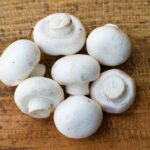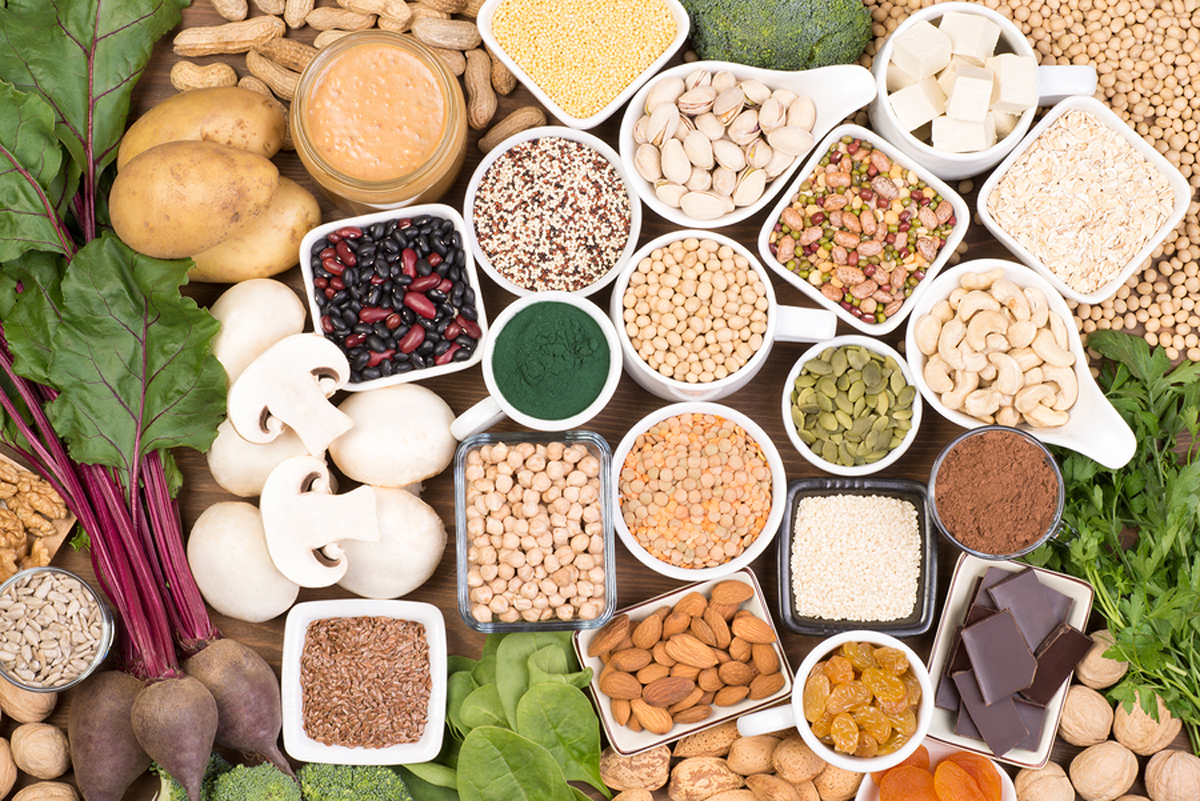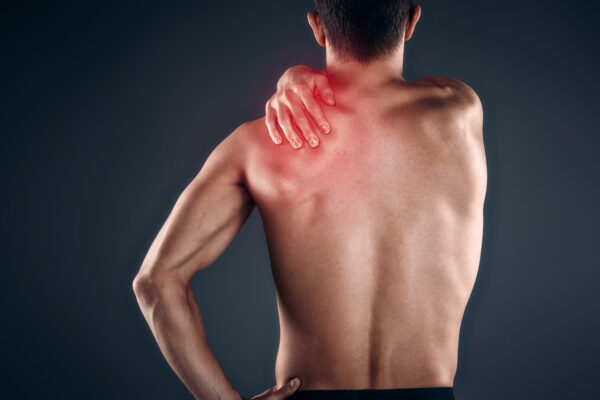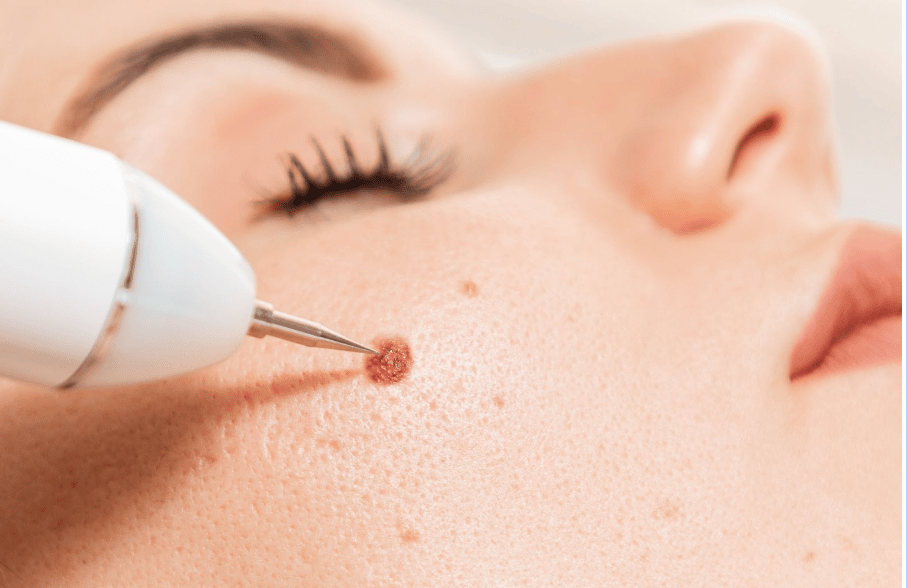A child’s illness is possibly one of the biggest challenges of parenthood. The realization that there’s something wrong with your child, comes with its fair share of guilt and stress. I’ve gone through a similar experience when it was revealed to me that my 6 years old daughter was suffering from anaemia. But this was just the beginning!
From continuous fatigue to her racing heart, everything started making sense. Following this diagnosis, we went to the best hepatologist in Lahore and began her treatment which was a life-altering experience for all of us. This wasn’t only limited to changing her lunch box menu, every other aspect of her routine was changed.
Based on my experience, I can say that it was the lifestyle changes that played a major role in managing her disease. In this article, I’m sharing the foods that helped treat anaemia.
What is anaemia?
Let’s begin with the basic introduction of anaemia!
The condition in which red blood cells in your body are not capable of carrying oxygen to body tissues resulting in fatigue and tiredness. Iron deficiency anaemia is one of the most common problems that is known to affect the people of all ages, particularly children.
What are some of the iron-rich foods?
Here are some of the foods that can help to treat anaemia.
1- Spinach
Spinach is one of the most common foods that are known to improve the levels of iron in the body. Despite being low calorie, spinach is a good source of non-heme iron and vitamin C. This iron can’t fulfil the deficiency of iron in the blood, though the large quantities of vitamin C can help to improve iron absorption in the body.
2- Organ meat
Eating liver, kidney, brain, heart is the best source to fulfil the deficiency of iron in the blood. Talking about nutrition, the organ meat is rich in iron, protein, vitamin A, vitamin B, copper etc. High quantities of iron present in iron meat provide a fairly reasonable amount of iron.
3- Legumes
Legumes including beans, chickpeas, lentils, beans etc. can be a good source of iron. Apart from this, these legumes are a good source of plant-based protein. Apart from iron, legumes are the good source of potassium, magnesium and folate. The soluble fibre present in legumes can also help to improve digestion and can keep you full for longer periods also aiding in weight loss.
I remember a friend of mine who was trying to lose weight and was vegetarian, her nutritionist at Darul Sehat Hospital in Lahore asked her to rely on plant-based protein sources to fulfil her dietary requirements.
4- Red meat
Red meat is another good source of iron that can help with anaemia. Apart from iron, red meat is a good source of several important nutrients needed for the regular functioning of the human body. Other nutrients present in red meat include vitamin B, zinc, selenium etc.
5- Pumpkin seeds
Other than the meat and legumes, some seeds are also a good source of iron. Particularly, pumpkin seeds are rich in iron and additionally provide vitamin K, zinc, magnesium etc. All these nutrients help to improve the iron level in the body as well as reduce the risk of diabetes and insulin resistance in the body.
6- Tofu
This soy-based vegetarian food is quite rich in iron. Tofu is consumed in various forms and can provide several other essential nutrients including calcium, selenium, magnesium and thiamine. Other important compounds known as isoflavones, have their recognized role in reducing insulin resistance in the body, risk reduction of cardiovascular problems and can also relieve menopausal symptoms.
7- Dark chocolate
If you are a chocolate lover, then isn’t less than good news for you. But wait, as I’m not talking about your ordinary milk chocolate, here I’m referring to the dark chocolate. Dark chocolates contain a good amount of iron as well as copper and magnesium respectively. Apart from this, dark chocolate is also associated with a reduced risk of heart-related problems.
The bottom line!
Iron is an essentially requiring nutrient of your body. Consuming iron-rich foods can help you to fulfil your iron requirements. Other than iron, consumption of vitamins can also aid iron absorption in your body. However, if your deficiencies persist, you can take iron supplements upon your physician’s recommendation.











